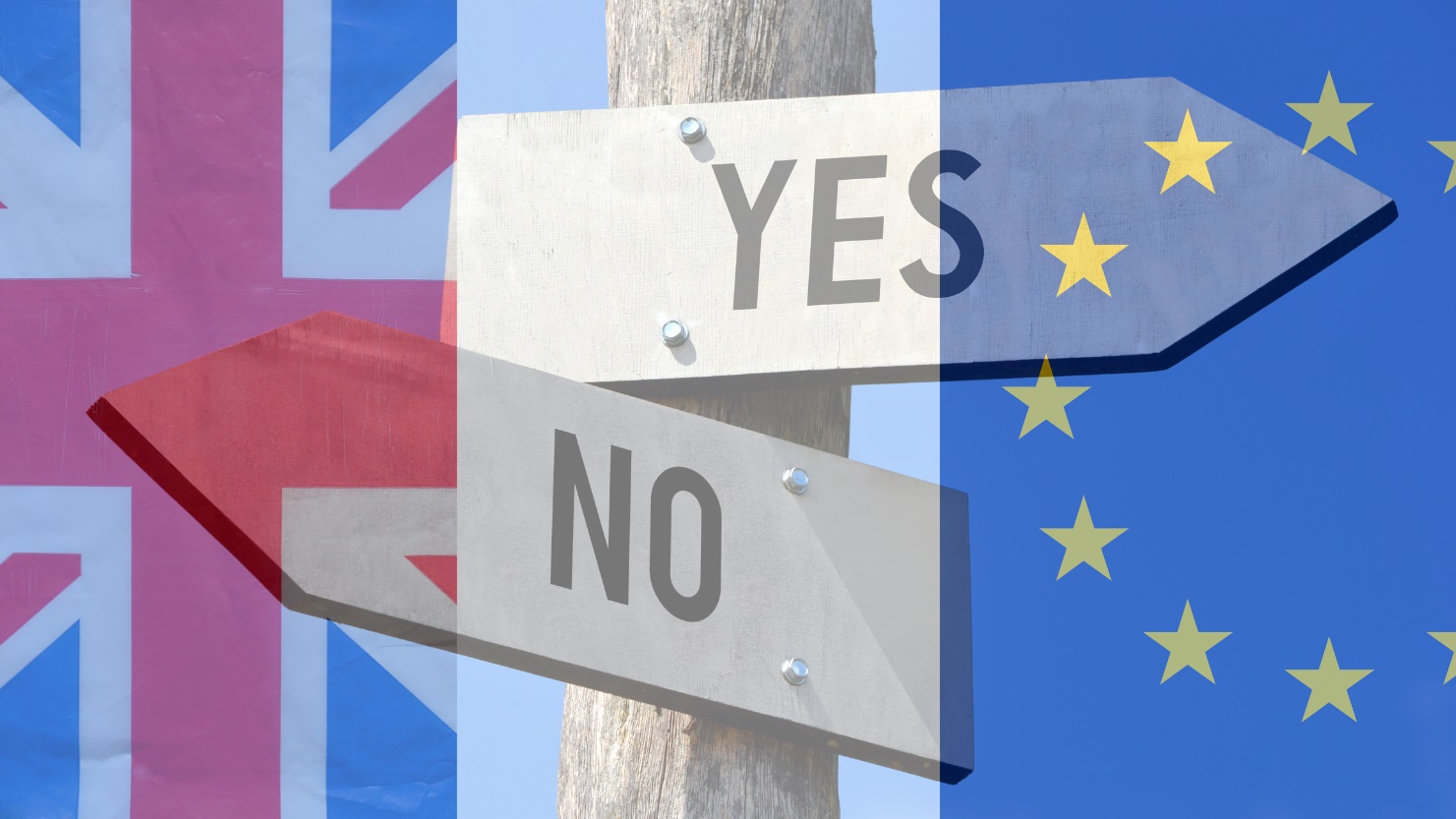Waste Framework Directive, SCIP, and Member States' National Law

From 5th January 2021, companies affected by the Waste Framework Directive (WFD) have to submit notifications to the SCIP Database. Affected companies have had the opportunity to test the SCIP database since the SCIP prototype became available in February 2020. Since the launch of the SCIP database in October 2020, ECHA has received two million notifications! This indicates that many companies are at the forefront of managing their SCIP database requirements. Nevertheless, there are many more evaluating the best way to include this new requirement into their business processes. The move towards a more circular economy is being pushed on the European Union level. However, as it is a directive, the next question to ask would be: Has this EU directive been incorporated into national law by all member states?
Adoption of Directive Goals into National Law
As part of the EU’s plan toward a circular economy, the Waste Framework Directive (WFD) entered into force in 2018. Being a directive, it means that all member countries are required to adopt measures and incorporate or transpose them into national law in order to achieve the objectives set by the directive. Generally, the transposition of a directive into national law must take place within 2 years.
As Tim Becker, Senior Legal Advisor at REACHLaw, quoted from the WFD during the joint webinar we had with REACHLaw:
Member States shall take measures to prevent waste generation… ensure that any supplier of an article as defined in point 33 of Article 3 of REACH provides the information pursuant to Article 33(1) of that Regulation to the European Chemicals Agency as from 5 January 2021
What this means is that member states need to transpose the requirements for SCIP notifications into national law to create legal obligations for the industry.
Current Status
Currently, only a minority of member states have adopted the directives into national law. While many more are still in the process of transposing the directive, we might have to consider differences in national provisions. Unlike REACH, which is a regulation, a directive such as the Waste Framework Directive, leaves the national authorities the choice of form and method to achieve the goals that were set.
For example, Germany is going to keep waste law separate from chemical law. Thus, the German chemical law will be adapted to include the requirement to provide REACH Art. 33 information to ECHA.
If you're interested to see which countries have transposed the WFD into national law, see https://eur-lex.europa.eu/legal-content/EN/NIM/?uri=celex:32018L0851
If you’d like to know if there are national differences and how they may affect your company, do consult the legal services of our partner REACHLaw for details.
If you’re using SAP and are looking for a solution for your company specifically on handling notifications to the SCIP database, send us an email (contact@opesus.com) or fill out our contact form.


